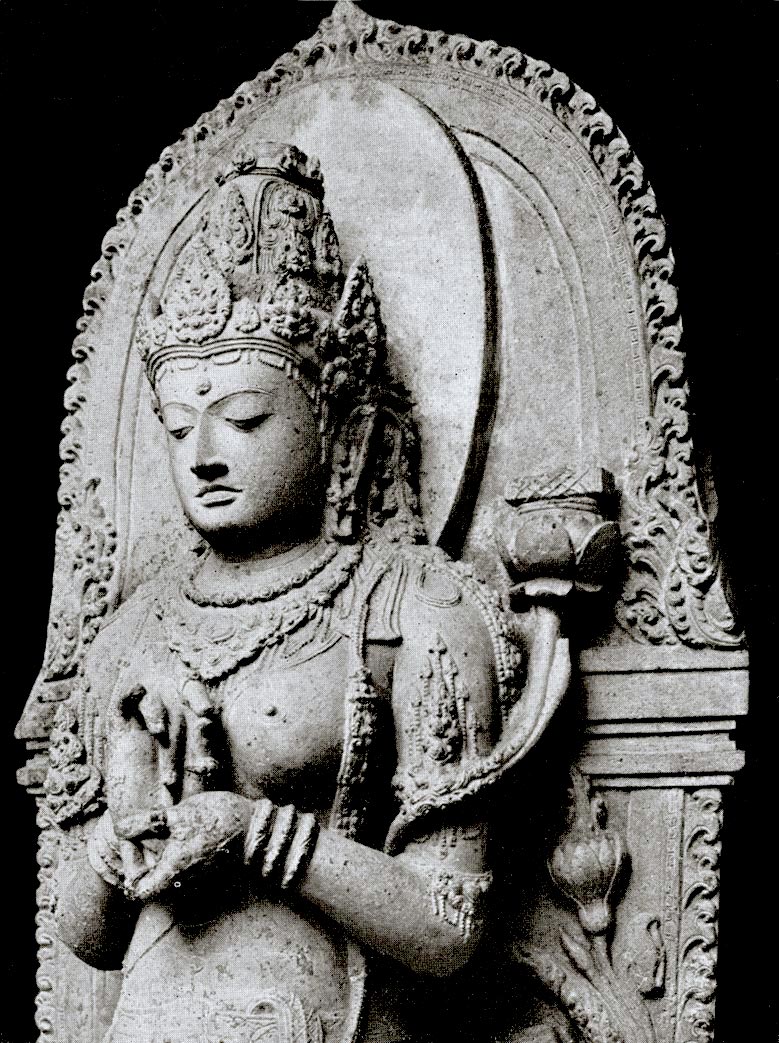Fredric Bender's book "The Culture of
Extinction" is an extensive study of a wide variety of subjects,
culminating in the author's creative reformulation of deep ecology.
Bender believes that humans are naturally adapted to a hunter and gatherer lifestyle, and that the "fall" of humanity started with the invention of agriculture. This made it possible to feed an expanding population, while making it increasingly difficult to control population growth. Unsurprisingly, Bender's view of history is somewhat idiosyncratic. For instance, he downplays the Palaeolithic killing spree of our ancestors, while claiming that the Goddess-centred religions of the Neolithic were a first step towards anthropocentrism. His criticism of Judaism and Christianity is harsh, claiming that these religions have an anti-environmental slant. Bender is somewhat more negative of Christianity than Judaism, believing that Neo-Platonism and Gnosticism made the Christians hostile to the body, the material world and hence to Nature.
Bender further criticizes the "anthropocentrism" of Plato, Augustine, Descartes, Locke and early modern science. Another chapter takes on what the author calls "nihilism", a category he believes includes positivism, neo-classical economics and behaviourism. He also attempts (somewhat unconvincingly) to derive "ought" from "is" in a section criticizing G.E. Moore's ethical intuitionism. Curiously, Bender seems to have a generally positive view of Karl Marx, a thinker who was obviously very far removed from Green ideas.
The last section of "The Culture of Extinction" deals with contemporary strands of environmentalist thought. The author is very critical of Murray Bookchin. (The feeling was mutual, since Bookchin considered the deep ecologists to be closeted eco-fascists, or at least not far removed from such a position.) Bender is somewhat more positive towards ecofeminism and groups such as Sea Shepherd and Earth First. His main sympathies are with the bioregionalists and deep ecologists. There is also a section on Lovelock's Gaia hypothesis.
Bender spends considerable time delineating his own version of deep ecology, which seems to be based on Mahayana Buddhism's concept of "emptiness" (shunyata). Also, he draws from Taoism, Shintoism and Spinoza. In the end, however, it's difficult to see any substantial differences between Bender and deep ecology founder Arne Naess, except perhaps a stronger emphasis on social justice issues (the author seems to be a leftist politically). Bender's philosophy is pantheist and vaguely spiritual. He calls it nondualism and believes that dualist thinking is the root problem of the human predicament and our attacks on nature.
"The Culture of Extinction" could have needed better editing, and seems somewhat disjointed. The author moves across a very wide area and his style of writing is uneven. People who know their deep ecology by heart will probably discover little that is new in it. It feels like just another "dark Green" book. Above all, it's a statement of the personal faith of Frederic L. Bender.

No comments:
Post a Comment